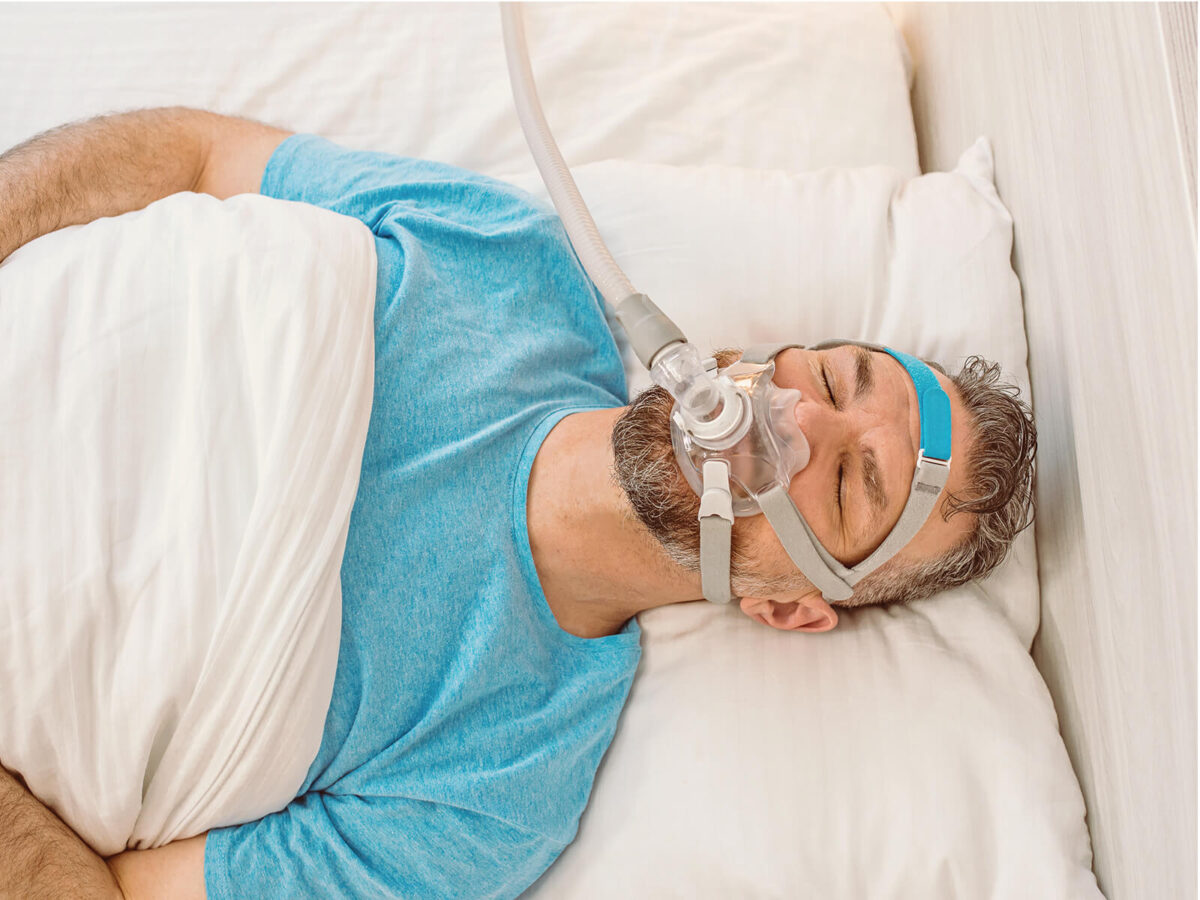Blog
Dental hygiene tips for healthy teeth & gums

Get Better Rest With Sleep Apnea Treatment
Sleep apnea is a common sleep disorder that is marked by pauses in breathing or shallow breaths during sleep. This condition can lead to inconsistent sleep, daytime fatigue, and other health issues if left untreated. In this article, we’ll explore the importance of sleep apnea therapy in improving sleep quality and overall well-being.
Understanding What is Sleep Apnea?
Sleep apnea is categorized into three main types: obstructive sleep apnea (OSA), central sleep apnea (CSA), and mixed sleep apnea (a combination of OSA and CSA). OSA is the most common type, caused by the relaxation of throat muscles during sleep, leading to partial or complete airway blockage.
What is The Impact of Sleep Apnea?
Untreated sleep apnea can have major consequences on your health and quality of life. Some of the common effects of sleep apnea include:
1. Daytime Fatigue: Pauses in breathing during sleep can disrupt normal sleep patterns, leading to daytime sleepiness and fatigue.
2. Poor Concentration: Sleep apnea can negatively affect cognitive function, making it difficult to focus and concentrate during the day.
3. Increased Risk of Health Issues: Sleep apnea is linked to an increased risk of high blood pressure, heart disease, stroke, diabetes, and other health conditions.
What are Some Benefits of Sleep Apnea Therapy?
Sleep apnea therapy, which often involves the use of continuous positive airway pressure (CPAP) machines, oral appliances, lifestyle changes, or surgery, offers an array of benefits:
1. Improved Sleep Quality: By keeping the airway open during sleep, therapy helps reduce interruptions in breathing, leading to better sleep quality and restorative sleep.
2. Reduced Daytime Symptoms: A successful sleep apnea treatment can help reduce daytime symptoms such as fatigue, irritability, and difficulty concentrating.
3. Lower Risk of Health Complications: Treating sleep apnea can lower the risk of developing or worsening associated health conditions, improving overall well-being.
Types of Sleep Apnea Therapy
Here are some common types of sleep apnea therapy that you can go for according to your condition:
1. CPAP Therapy: Continuous positive airway pressure (CPAP) machines deliver a steady stream of air through a mask, keeping the airway open and preventing pauses in breathing.
2. Oral Appliances: Dental devices can help reposition the jaw and tongue to keep the airway clear during sleep, which is particularly beneficial for mild to moderate sleep apnea.
3. Lifestyle Changes: Weight management, avoiding alcohol and sedatives before bedtime, and sleeping on your side can also improve sleep apnea symptoms.
Tips for Successful Sleep Apnea Treatment
Here are some top tips for successfully managing sleep apnea treatment:
1. Consistency: Use your prescribed sleep apnea therapy consistently, especially CPAP machines, to experience maximum benefits.
2. Follow-Up: Regularly follow up with your healthcare provider to monitor progress and make any necessary adjustments to your treatment plan.
3. Healthy Habits: Maintain a healthy lifestyle with regular exercise, a balanced diet, and good sleep hygiene to complement sleep apnea therapy.
Wrapping Up: Achieving Better Sleep with Therapy
In conclusion, sleep apnea therapy plays an essential role in improving sleep quality, reducing daytime symptoms, and lowering the risk of associated health complications. Finding the right treatment can lead to better rest and overall well-being, whether it’s CPAP therapy, oral appliances, or lifestyle changes. Don’t hesitate to seek professional guidance from the top Splendora Family Dentist for effective sleep apnea management and enjoy a more restful sleep.


